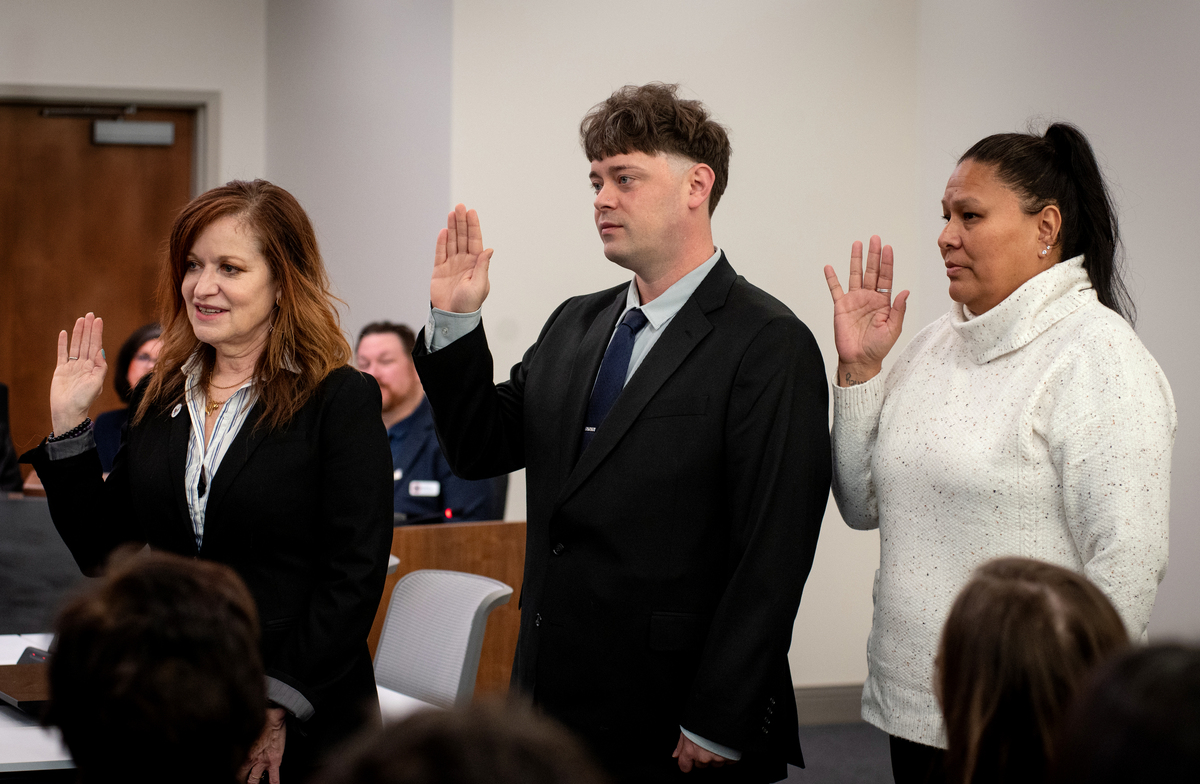Politics
Advocating for Consistent Standards of Forgiveness in Politics

A recent letter to the editor has sparked a discussion about the standards of forgiveness applied to political candidates, particularly in relation to their past actions. The letter, authored by Michael P. Gleason from Bangor, Maine, addresses the election of Graham Platner to the Bangor City Council, a candidate with a criminal record and a history of addiction.
Council Chair Susan Hawes expressed a common sentiment regarding the scrutiny faced by Platner, stating, “People need to stop with the foolishness. The things they were talking about were 20 plus years ago. Shame on them.” This statement highlights a broader question about accountability and forgiveness in politics, especially concerning actions that occurred decades prior.
Gleason’s letter draws parallels between Platner’s past and the history of other political figures, notably referencing the current occupant of the White House. He argues that many individuals have made mistakes in their youth that they later regretted. This raises the question of whether a consistent standard of forgiveness should be applied across the political spectrum.
The conversation is not merely about Platner’s past but also reflects a societal inclination to judge individuals based on their earlier actions. The concept of forgiveness is central to many discussions surrounding personal growth and redemption. If society recognizes that people can change, it may be time to extend that understanding to politicians as well.
In an era where transparency and accountability are heavily emphasized, the challenge remains to balance these values with compassion and understanding for past mistakes. Platner’s election may serve as an opportunity to reevaluate how past actions are perceived in the context of current capabilities and intentions.
The letter from Gleason encourages readers to reflect on how society can foster a culture of forgiveness while still holding leaders accountable for their actions. He suggests that the same principles of understanding should be applied broadly, promoting a more inclusive approach to political discourse.
As Bangor prepares for the upcoming city council session, the implications of this dialogue may resonate beyond local politics. The discussion of forgiveness may influence future elections and the way candidates are evaluated by voters.
Ultimately, the ongoing conversations about forgiveness and accountability highlight the complexities of human behavior in leadership roles. It remains to be seen how these discussions will evolve, but the call for consistent standards is likely to remain a crucial topic in the political arena.
-

 Science1 month ago
Science1 month agoIROS 2025 to Showcase Cutting-Edge Robotics Innovations in China
-

 Science2 weeks ago
Science2 weeks agoUniversity of Hawaiʻi at Mānoa Joins $25.6M AI Initiative for Disaster Monitoring
-

 Lifestyle1 month ago
Lifestyle1 month agoStone Island’s Logo Worn by Extremists Sparks Brand Dilemma
-

 Health1 month ago
Health1 month agoStartup Liberate Bio Secures $31 Million for Next-Gen Therapies
-

 World1 month ago
World1 month agoBravo Company Veterans Honored with Bronze Medals After 56 Years
-

 Politics1 month ago
Politics1 month agoJudge Considers Dismissal of Chelsea Housing Case Citing AI Flaws
-

 Lifestyle1 month ago
Lifestyle1 month agoMary Morgan Jackson Crowned Little Miss National Peanut Festival 2025
-

 Health1 month ago
Health1 month agoTop Hyaluronic Acid Serums for Radiant Skin in 2025
-

 Science1 month ago
Science1 month agoArizona State University Transforms Programming Education Approach
-

 Top Stories1 month ago
Top Stories1 month agoIndonesia Suspends 27,000 Bank Accounts in Online Gambling Crackdown
-

 Sports1 month ago
Sports1 month agoMel Kiper Jr. Reveals Top 25 Prospects for 2026 NFL Draft
-

 Business1 month ago
Business1 month agoTruist Financial Increases Stake in Global X Variable Rate ETF









